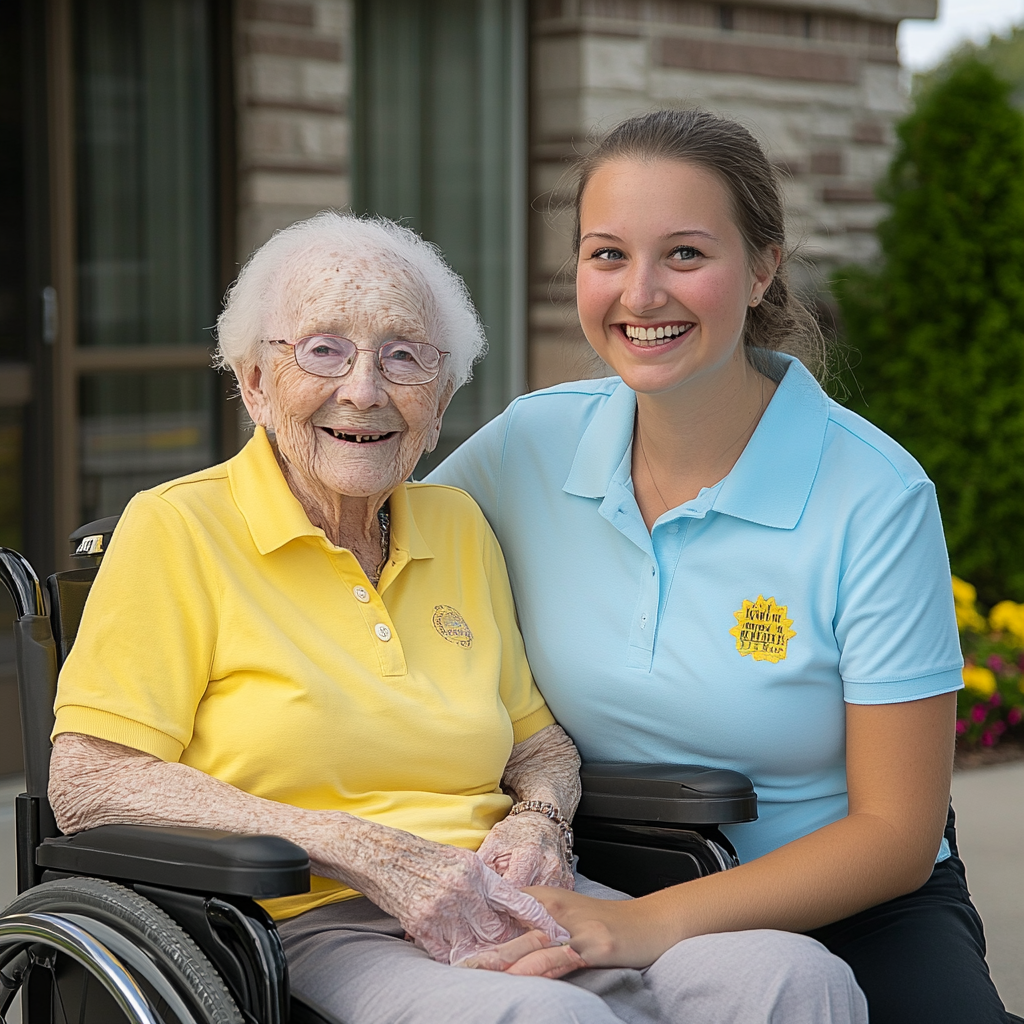Click to Call Today: 480-908-9733
A caregiver provides comprehensive assistance with daily living, including personal care, medical care, and emotional support, while a companion primarily focuses on companionship, social interaction, and some light assistance with everyday tasks. Caregivers often have more extensive training and may be certified in medical care, whereas companions typically rely on strong interpersonal skills and a caring personality. Here’s a more detailed breakdown: Caregivers: • Comprehensive care: Assist with activities of daily living (ADLs) like bathing, dressing, eating, and toileting. • Medical support: May administer medications, monitor health, and help with mobility. • Emotional support: Offer companionship, encourage participation in activities, and provide emotional support. • Formal training: May be certified nursing assistants (CNAs) or home health aides (HHAs). • Ideal for: Seniors with serious health conditions or mobility issues who require more hands-on assistance. Companions: • Focus on companionship: Provide social interaction, emotional support, and a friendly presence. • Light assistance with tasks: May help with grocery shopping, light housekeeping, and transportation. • Non-medical care: Do not typically provide medical assistance or personal care tasks like bathing. • Strong interpersonal skills: Emphasize building rapport and creating a positive and engaging environment. • Ideal for: Seniors who need social interaction and assistance with some everyday tasks but are otherwise relatively independent. In essence: Choose a caregiver if your loved one needs help with physical and medical care, or a companion if they primarily need companionship and some light assistance.
